Conference on National Security and Democracy-Day 2
On the second day of the conference MK Gadi Eisenkot spoke on military service for all young Israels saying “Instead of scrapping the conscription law, all young Israelis 18 years and over can serve.”
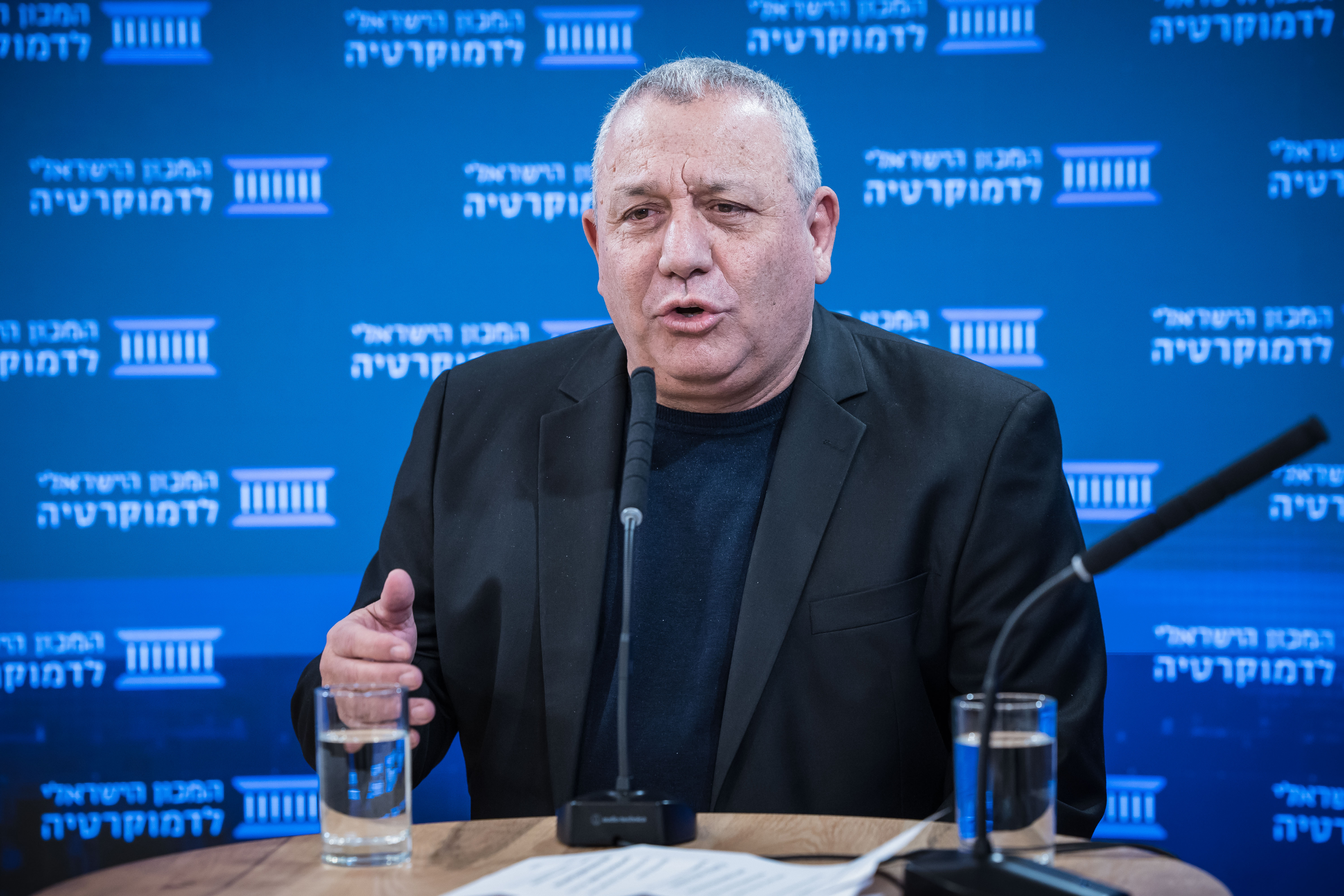
The Israel Democracy Institute held its annual two-day conference on National Security and Democracy in cooperation with the Konrad Adenauer Stiftung. The conference focused on a series of issues pertaining to challenges facing Israeli democracy as the country continues to contend with complex security threats. Among the issues discussed at the conference were the current model of military service and proposed reforms for professional career officers, political oversight of the IDF by the Israeli Security Agency, the interactions between the IDF and the media, and the tensions pertaining to the role of religion in the IDF.
Highlights
MK (Lt. Gen. [res.]) Gadi Eisenkot, National Unity Party and 21st IDF Chief of Staff – “Some will serve in the IDF, others in national service or community service. Both the ultra-Orthodox sector and the Arab sector can participate in this."
“The subordination of the IDF units in Judea and Samaria and the Civil Administration due to political necessity – is good if you want to create anarchy. The Border Police has been subordinated to the Minister of Internal Security and the Police for many years. The existing understanding between the IDF and the police regarding placement of 2,000 soldiers and 16 companies under the direct command of the IDF Commander of Judea and Samaria should not change. The lack of experience of the designated minister - he may think he is in the chain of command - but he is not…. Many incidents are significant on the operational and international legal aspect, among other things with regards to maintaining agreements. The citizens of Israel are not aware of the operative action in this complex reality, in the challenges of fighting terrorism that have a 98% success rate and save lives. If this balance is violated, it will create a very complex reality.”
On claims that soldiers are not able to respond and that guidelines for the rules of engagement should be changes Eisenkot said: “The rules of engagement have not changed since 1988 and they allow the IDF to function in a professional, efficient and sharp manner, with the necessary constraints. Politicians talk about this with zero authority.”
On conflicting opinions regarding women’s service in the IDF and especially in combat units – “In March 1949, the leaders of religious Zionism came to Ben Gurion and asked that women not serve in the IDF. He stipulated that they serve in stationary combat positions. When he was asked about the possibility of separate-sex units, Ben Gurion established five principles that hold true today: a Jewish atmosphere will prevail in the IDF, kashrut will be upheld, the IDF is the people's army, a religious soldier will participate in the activities of his unit and a secular soldier will respect his comrade who puts on a tefillin. I would be satisfied with these today. …We see that today, due to political considerations there are attempts to promote concepts that are largely contrary to the opinions of the majority of Israeli citizens. It is hoped that we will have a government that will act for the good of the citizens. It seems to me that this is not the direction.”
Dr. Eyal Hulata, National Security Adviser and Head of the National Security Council - "Israel has taken the opportunity to integrate into the region. This process began with the Abraham Accords and continued through the Negev Forum, with the long and close interaction of the Prime Minister, the National Security Council and the Ministry of Foreign Affairs with their regional counterparts. In the past year-and-a-half, we have seen great progress, and not just from a security perspective, but also in economic and cultural issues, with the countries around us: There are the trade agreements we have signed and the cross-border energy projects that we have launched in the region. The networks of relations that we usually consider from a security perspective have become economic and cultural."
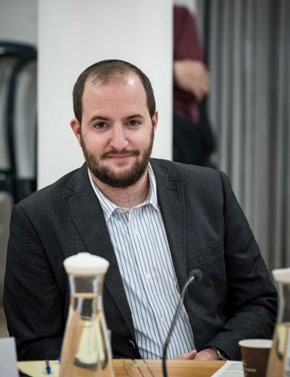
Yossi Levi | Photography: Michal Fattal
Yossi Levi, CEO of Netzach Yehuda - On integration of ultra-Orthodox men in the IDF “Israeli society is enriched by all the sectors within it and so is our national security. There is high motivation amongst Haredi men to join the technological units. It’s harder to enlist them in combat units. The Haredi population must share the burden of Israel’s national security and the economy.”
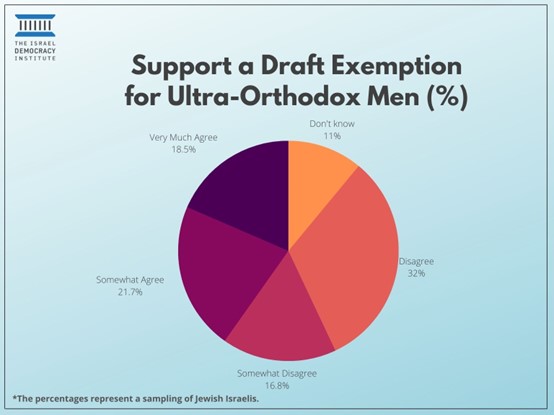
The second day of the Security and Democracy Conference at IDI included a debate on the integration of women in the IDF.
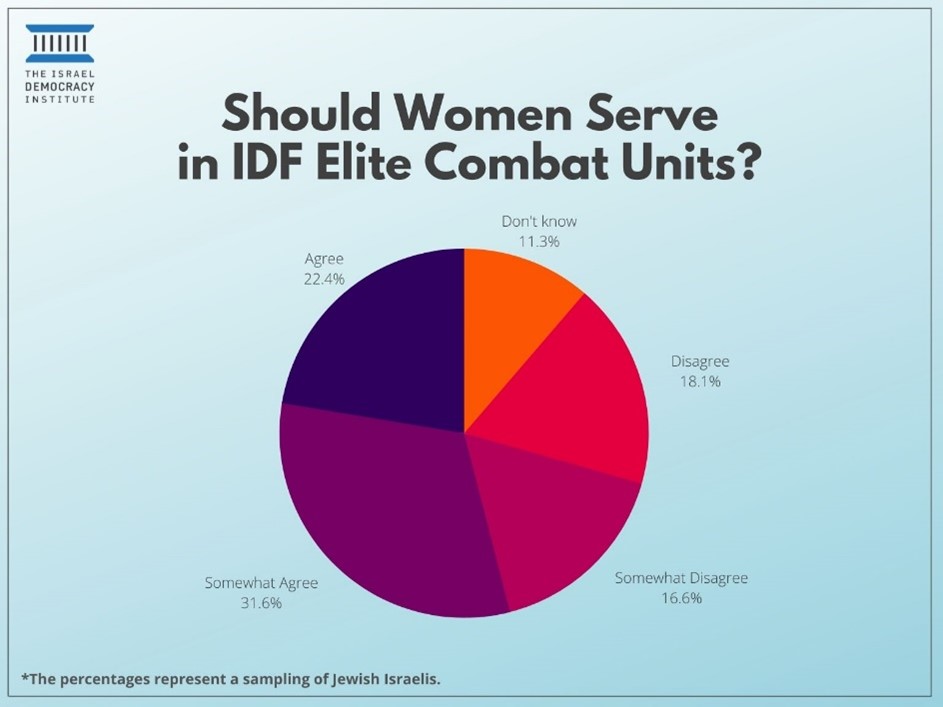
Sharon Brick-Deshen, Executive Director, Kolech Religious Women’s Forum - "There has been a dramatic increase in the number of female graduates of the religious-public school system who are joining the army. The girls come from across Israel from all the sub-sectors of the religious sector. Hundreds of them choose to go to a religious preparatory program. These women need to be supported by the army’s rabbinate. They seek spiritual-religious support that the military rabbinate does not offer them because they are concerned primarily with male soldiers.
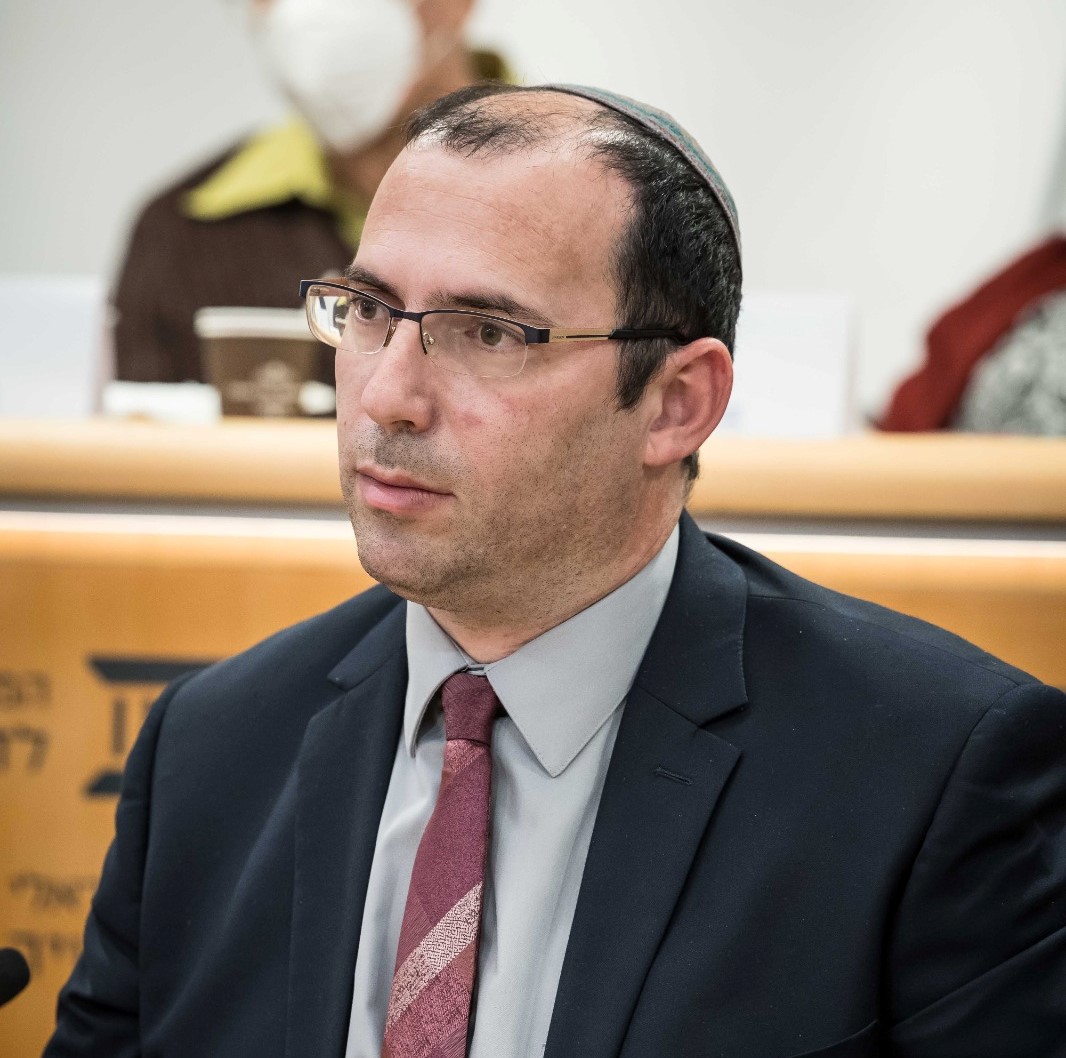
MK Simha Rotman, Religious Zionism Party - "If the IDF invested its energy in enlisting the Haredi sector, the way it invests in integrating women, we could close the special programs. This is the legislators' fault. Since when is serving in the IDF a civil right? There is now a clause that defines serving in the army as a right but only for women. We need to restart our thinking; army service has one goal: to ensure we have a strong army that can win wars. Equality in service damages the army, lowers the standards, lowers the physical capabilities or certain units. The considerations are everything but operational capabilities."
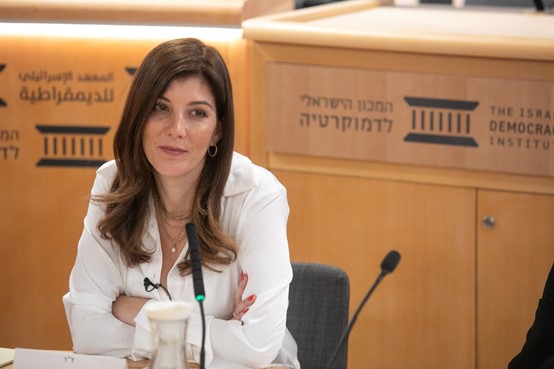
Dr. Idit Shafran-Gittleman | Photography: Michal Fattal
Dr. Idit Shafran-Gittleman, Researcher, Israel Democracy Institute, in response to MK Rotman – "The military must uphold the values of our society and this includes equality. This is why the IDF invest resources in integrating soldiers from the periphery, supplying Kosher food to religious soldiers, and more. The highest ranks in the IDF sat here yesterday and announced the indispensable contribution of the women combat fighters to the IDF. How is it that you seem to know better than the professional ranks?"
